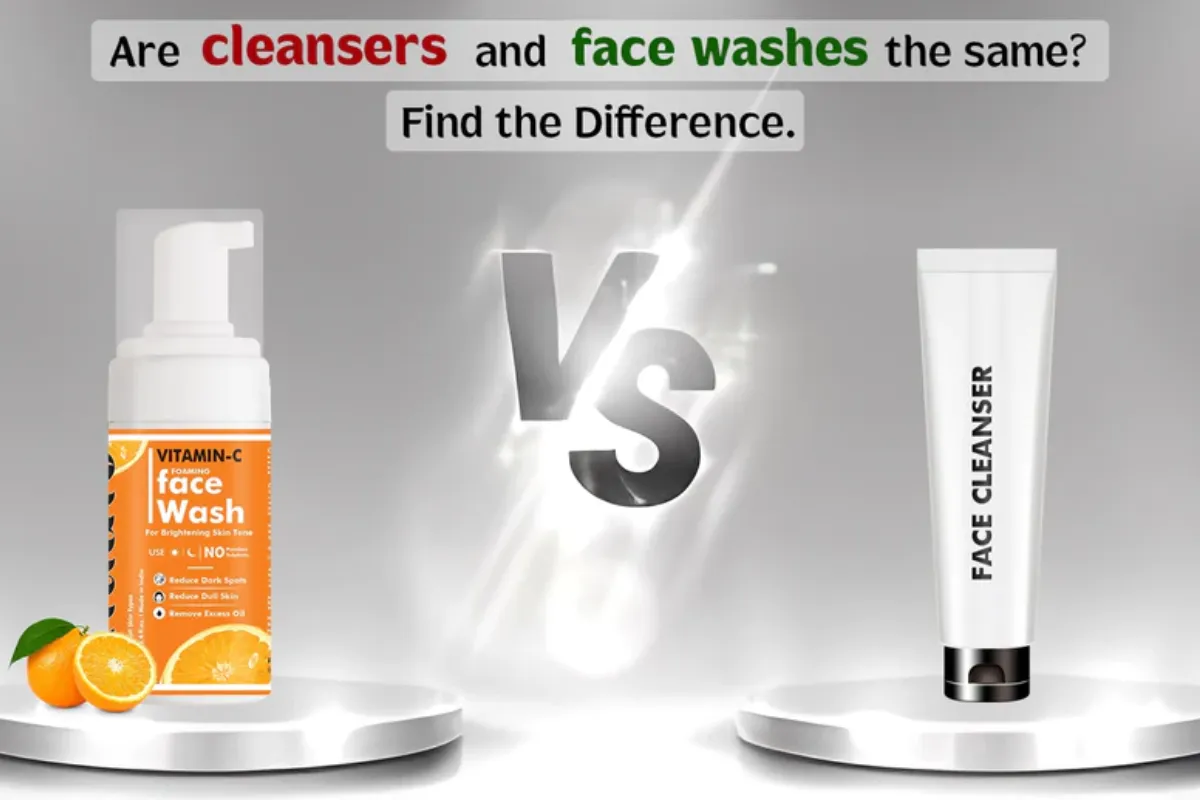In the realm of skincare, the abundance of products often leaves consumers baffled, particularly when it comes to choosing between seemingly similar items like face washes and cleansers.
Both promise to cleanse the skin, but are they truly interchangeable? To navigate this skincare conundrum, it’s essential to delve into the nuances of each product, understanding their purposes, formulations, and how they cater to various skin types and concerns.
Understanding Face Wash and Cleanser:
Before we embark on dissecting the disparities between face washes and cleansers, let’s establish their fundamental roles.
Face washes and cleansers serve as the initial step in a skincare routine, tasked with removing impurities such as dirt, oil, and makeup accumulated throughout the day.
While they share this common objective, their compositions and intended applications vary.
Face Wash:
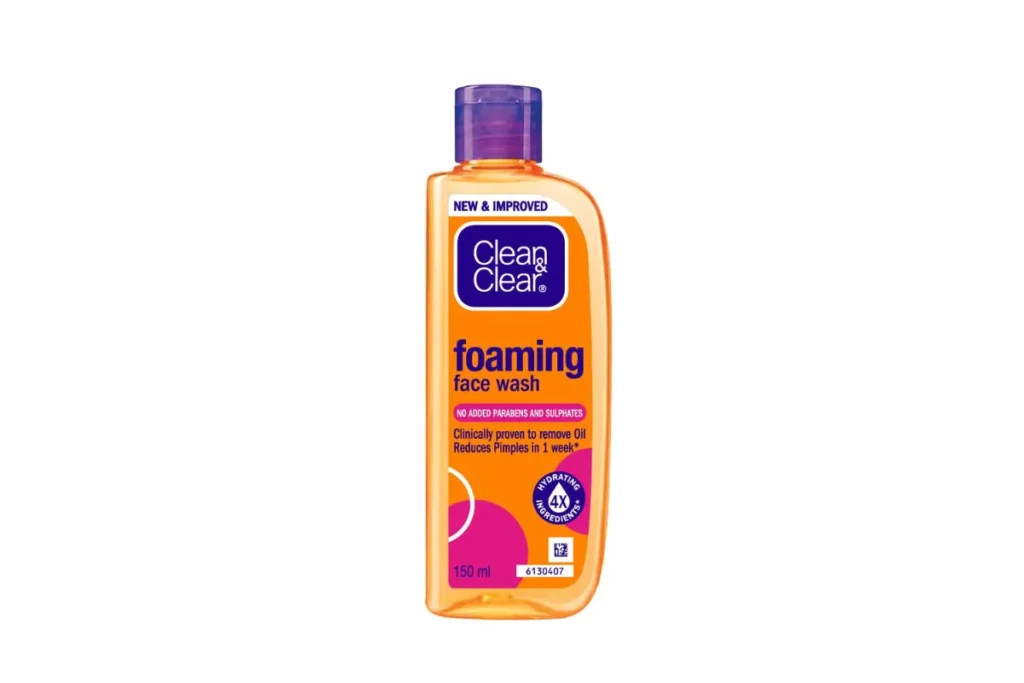
Face washes typically come in gel, foam, or liquid forms, often tailored to specific skin types or concerns.
Formulated with surfactants, these products are adept at dissolving oil and grime, providing a deep cleanse without stripping the skin of its natural moisture.
Moreover, many face washes incorporate additional ingredients such as salicylic acid for acne-prone skin or hyaluronic acid for hydration, addressing specific skincare needs.
Cleanser:
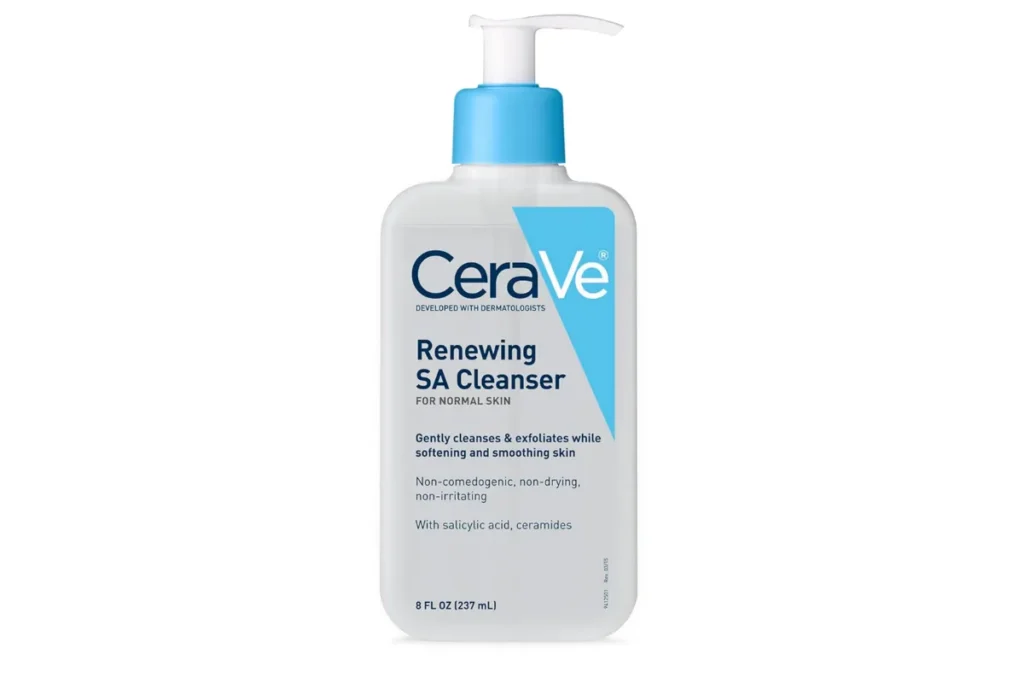
On the other hand, cleansers encompass a broader category, encompassing various formulations such as creams, oils, and micellar waters.
Unlike face washes, cleansers prioritize gentle cleansing, making them suitable for sensitive or dry skin types.
They typically contain milder surfactants or surfactant alternatives, ensuring a thorough cleanse while maintaining the skin’s moisture barrier.
Cleansers are often favored for their versatility, catering to a spectrum of skin concerns without causing irritation or dehydration.
Choosing the Right Product:
Selecting between a face wash and a cleanser hinges on multiple factors, including skin type, concerns, and personal preferences.
Here’s a comprehensive guide to aid in your decision-making process:
Skin Type:
Oily Skin:
Opt for a face wash with salicylic acid or benzoyl peroxide to regulate oil production and prevent breakouts.
Dry Skin:
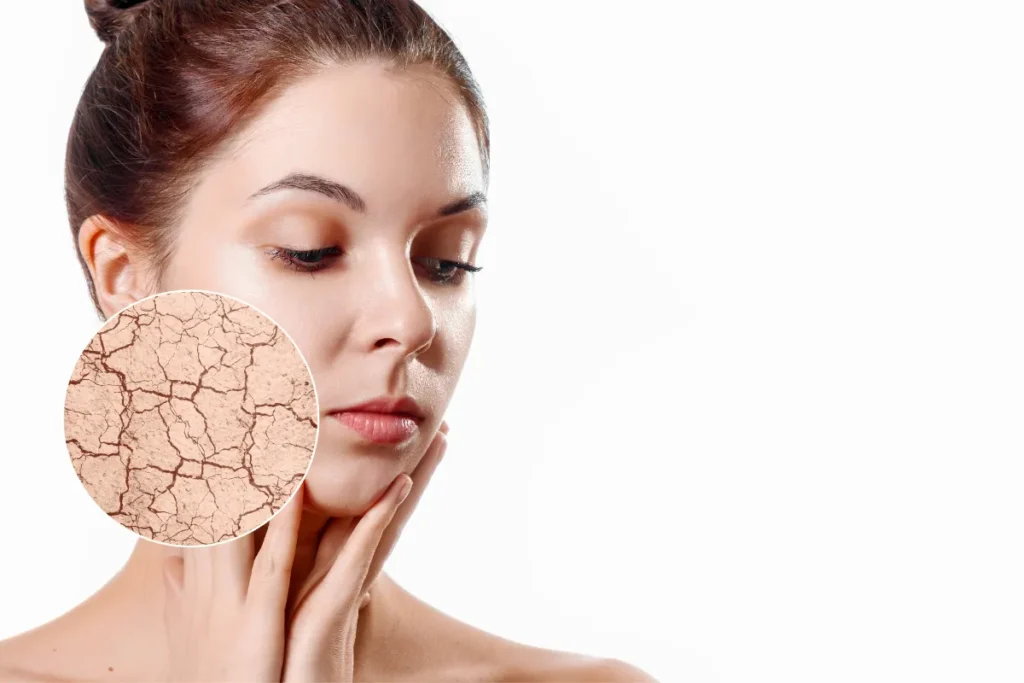
Choose a hydrating cleanser enriched with ingredients like glycerin or ceramides to replenish moisture and soothe dryness.
Combination Skin:
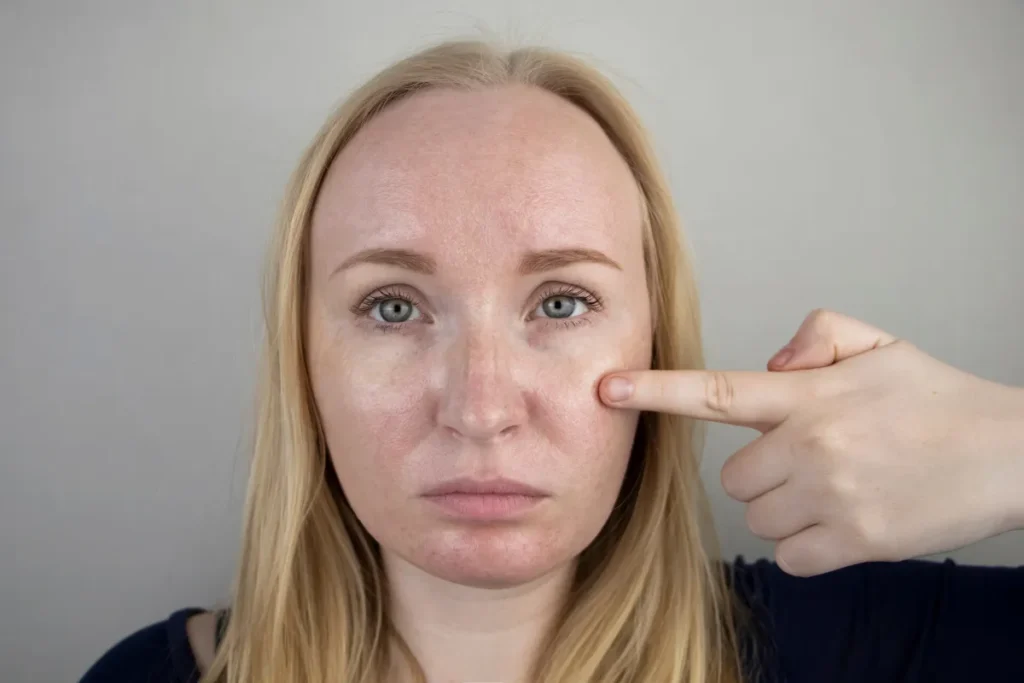
Look for a balanced face wash or a gentle cleanser that addresses both oily and dry areas without disrupting the skin’s equilibrium.
Sensitive Skin:

Prioritize fragrance-free, hypoallergenic cleansers to minimize the risk of irritation or allergic reactions.
Specific Concerns:
Acne-Prone Skin: Seek face washes containing acne-fighting ingredients such as tea tree oil or sulfur to combat blemishes and prevent future breakouts.
Aging Skin:
Consider cleansers infused with antioxidants like vitamin C or retinol to promote collagen production and diminish fine lines and wrinkles.
Hyperpigmentation:
Opt for exfoliating cleansers with ingredients like alpha hydroxy acids (AHAs) or kojic acid to fade dark spots and even out skin tone.
Texture and Formulation Preferences:
Gel or Foam Face Washes:
Ideal for those who prefer a refreshing, invigorating cleanse, especially suitable for oily or combination skin.
Cream or Oil Cleansers:
Perfect for individuals seeking a gentle, nourishing cleanse, particularly beneficial for dry or sensitive skin types.
Micellar Water:
A versatile option for quick, no-rinse cleansing, effectively removing makeup and impurities without stripping the skin.
The Importance of Consistency:
Regardless of whether you opt for a face wash or a cleanser, consistency is key to achieving optimal skincare results.
Incorporate your chosen cleanser into your daily skincare routine, using it morning and night to maintain a clean, healthy complexion.
Additionally, complement your cleansing regimen with moisturizers, serums, and sunscreen to fortify your skin’s barrier and address specific concerns.
Conclusion:
In the perennial debate of face wash versus cleanser, there’s no one-size-fits-all solution.
Both products offer unique benefits tailored to diverse skin types and concerns, necessitating a thoughtful approach to selection.
By understanding the distinctions between face washes and cleansers and aligning them with your skincare needs, you can embark on a journey towards radiant, nourished skin.
Remember, the key lies not only in the product you choose but also in the consistency of your skincare regimen and the holistic approach you adopt towards achieving skin health and vitality.
